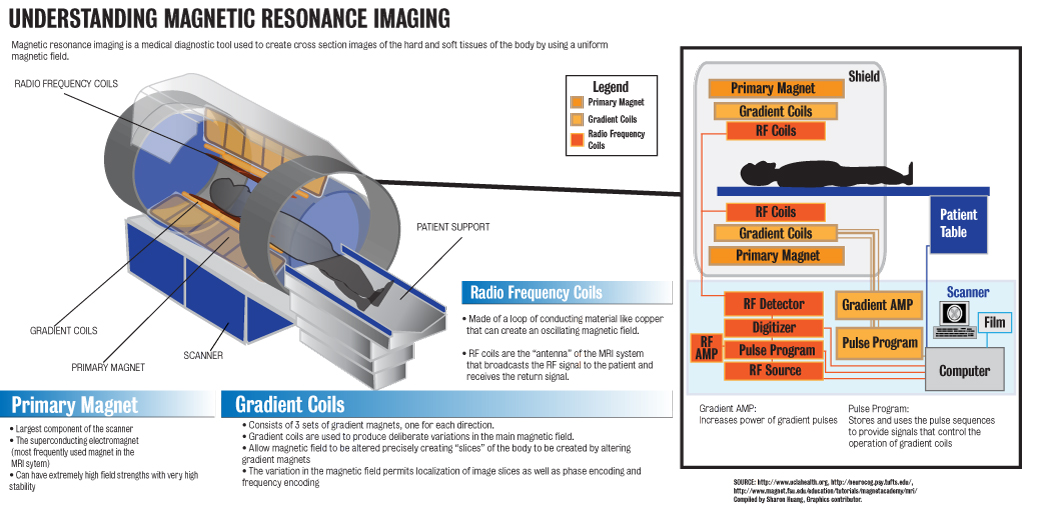When she arrived at UCLA, Lilia Rizk, a second-year economy and international area studies student, found it difficult to adjust to a new environment while dealing with the loss of a loved one.
Grieving after the death of a loved one is a highly individualized process, said Andrew Felder, clinical psychologist for UCLA Counseling and Psychological Services. Research is in progress to further develop the models and understanding of grief, he added.
The two main forms of grief are uncomplicated grief and complicated grief, affecting approximately 80 percent and 20 percent of the population respectively, said Mary-Frances O’Connor, assistant professor in the UCLA department of psychiatry.
“The (manifested) symptoms of the latter (includes) extreme yearning, a sense of shock and numbness about death, anger or irritability, a feeling of life as meaningless, for a period of time that exceeds six months post the experience,” Dr. O’Connor added.
Research using functional Magnetic Resonance Imaging compared activation of brain regions in groups suffering from uncomplicated grief and complicated grief when presented with pictures of loved ones that had passed. Increased activity in a region of the brain increases firing of neurons, augmenting blood flow detectable by functional MRI.
In both complicated and uncomplicated grief, three areas of the brain associated with pain are activated: the insula, the dorsal anterior cingulate cortex and the periaqueductal gray. The insula allows for determination of internal feelings, the cortex selectively allocates attention to information and the periacqueductal gray is related to sensation, O’Connor said. These areas of the brain, associated with feelings, information and sensation, respectively, focus on pain when the loss of a loved one occurs during uncomplicated and complicated grief.
The group with complicated grief were also having a reward experience, shown by activation of the nucleus acumens region, even though it no longer predicted the reality, O’Connor said.
The nucleus acumens showed that the study group anticipated and looked forward to seeing the intensely and continuously loved one despite their passing away, she added.
The newly developed complicated grief treatment involves stimulation of memories and remembering of the loved one, as well as envisioning a new positive future without them to increase the reality of the present and future.
Grief is an emotion that translates both psychologically and physiologically, as shown by the idea that the death of a spouse can bring about the previously unexpected death of the other, O’Connor said.
“With 80 to 90 percent of uncomplicated grief (cases), treatment is not indicative and not necessary,” O’Connor said. It is good for people to have a supportive network of friends, family or a religious community, she added.
Talking to people and sharing the pain with friends that knew the lost loved one was extremely helpful, Rizk said. The start of school increased the pressure of dealing with so many emotions but also shifted her focus away from the event, she added.
“The process of recovery can be long, but the point is to develop and understand (one’s own) grief process, cope when feelings come at an unexpected time and learn how to reconnect with the world … after (extensive) preoccupation with the loss,” Dr. Felder said.
There are a number of therapeutic options available at UCLA Counseling and Psychological Services, ranging from individual to group therapy, Felder said. These allow students to understand their grief in different ways, by either relating with others in the group environment or through a search of cognitive and emotional meanings.
“There are a lot of changes, including appetite changes, headaches, nightmares, anxiety. … These are natural processes, but if the (grief) does seem to be complicated, psychiatrists (come in) to play (a further supportive role),” added Felder.
Cooperation of the psychologist with the individual seeking aid is of primordial importance, as UCLA Counseling and Psychological Services must cater to each person’s differences, Felder said. Only the intensity and meaning, the feelings associated with grief, can change, as grief itself cannot be extinguished, he added.
“I was in shock, but I stayed in touch with him still to this day. He comes up in my dreams and I feel so happy,” Rizk said.
